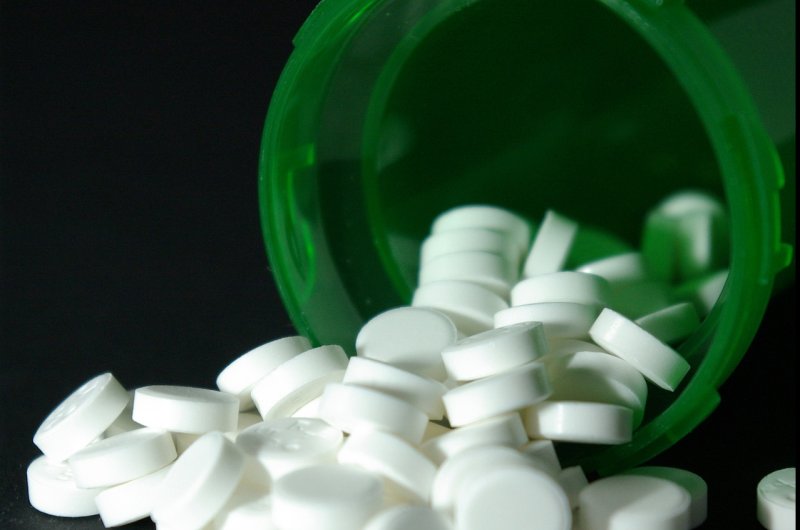
Few in U.S. with private insurance receive opioid overdose follow-up treatment
by Brian P. DunleavyMay 27 (UPI) -- Fewer than 20 percent of people with private healthcare insurance who suffered a non-fatal opioid overdose ultimately receive abuse or addiction treatment, according to a study published Wednesday by JAMA Network Open.
Moreover, black and Hispanic opioid users were less likely than their white counterparts to get treatment within 90 days of experiencing an overdose, the authors found.
"An opioid overdose is more than an isolated event -- for people that survive, it is an opportunity to engage in treatment for opioid use disorder," study co-author Dr. Austin S. Kilaru, an emergency physician at the University of Pennsylvania's Perelman School of Medicine, told UPI.
"However, even commercially insured patients have lower rates of treatment after opioid overdose than we think is acceptable," he said.
Opioids include illegal drugs such as heroin, as well as prescription pain medications. Heroin overdoses are believed to have increased by as much as 50 percent in the United States during the last decade, based on estimates from the Substance Abuse and Mental Health Services Administration.
Some 11 million people misused prescription opioid pain medications in 2017, according to the U.S. Centers for Disease Control and Prevention. Such misuse accounts for more than 1,000 visits daily to U.S. emergency rooms, the agency estimated.
For the study, Kilaru and his colleagues analyzed data from a large, unidentified private health insurance carrier, focusing on claims over a five-year period, from October 2011 to September 2016.
In all, 6,451 people covered by the insurer suffered a non-fatal opioid overdose during the study period, and most were older adults around 45 years old, researchers found.
Just 1,069 patients, or roughly 17 percent, received follow-up treatment within 90 days after their overdose, according to the researchers. Older age appears to reduce the likelihood of receiving follow-up care, they added.
"The current rate of treatment is not adequate," Kilaru said. "Our healthcare system must encourage coordinated care so that vulnerable patients, like those with opioid use disorder, successfully transition from the hospital to sustainable, ongoing treatment."
Currently, "our healthcare system lets too many patients fall through the cracks," he said.
(0) Leave a comment
upi.com/7009809